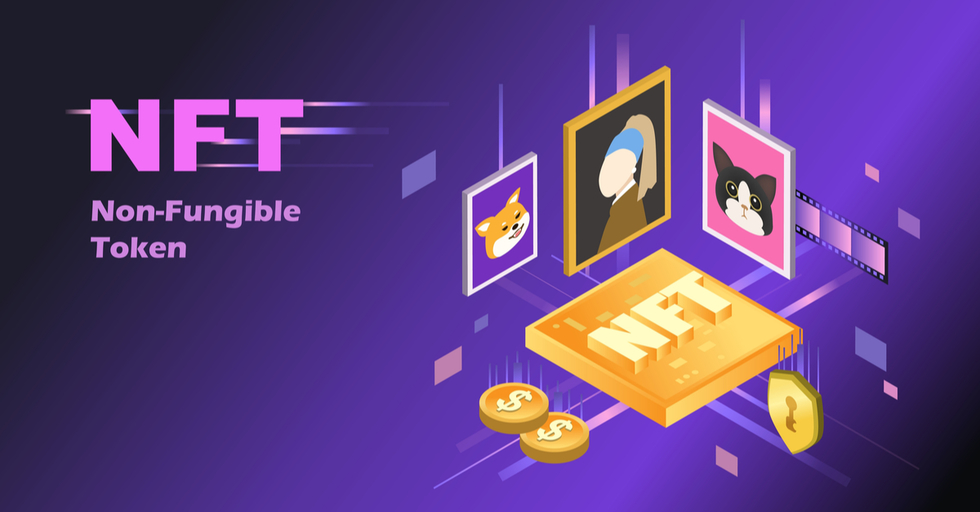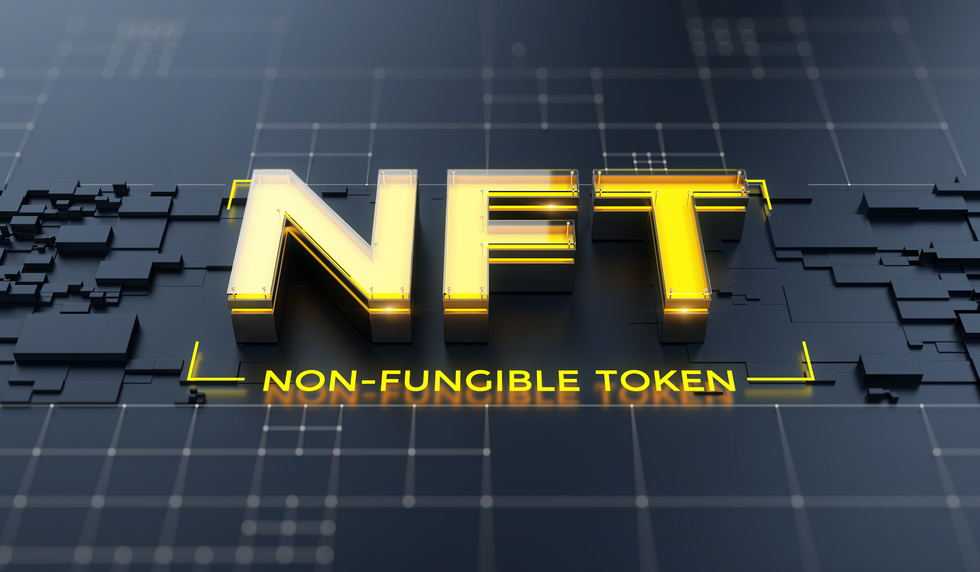Author Archives: Site Administrator

Are Tenants Covered under CLRA?
California law protects consumers from damages they’ve suffered due to businesses’ fraudulent conduct. Furthermore, the Consumer Legal Remedies Act (CLRA) gives private actors the right to sue on behalf of California consumers by requesting injunctive relief, thereby preventing businesses from defrauding others. But there is a question as to whether or not tenants would… Read More »

Celebrity Endorsement of NFTS: What You Need to Know Before You Seek One
As NFTs continue to drive and create opportunities to develop brand awareness, companies and projects are beginning to seek celebrity endorsements for various NFTs or cryptocurrency offerings. Because NFTs and cryptocurrency transactions are still so nascent, there are some potential legal uncertainties, as we’ve discussed before. Celebrity endorsements can be a slippery slope for… Read More »

New Brand Opportunity? NFT Challenges and Advantages
NFTs, or non-fungible tokens, continue to reach more and more mainstream customers, beyond individuals familiar with the tech scene (and crypto) or art collectors. Brands as ubiquitous as the NFL, Taco Bell, and Clinique are all companies that have leveraged NFTs to further their customer relationships and promote brand awareness. There’s wisdom in their… Read More »

Fakes Abound in NFT Marketplaces—What You Need to Know
NFTs continue to be a growing market with numerous legal challenges. Beyond the legal concerns, however, there are also problems of plagiarism and counterfeit NFTs. In February, CNN reported on the suspension of many NFT transactions on the website Valuables by Cent. The suspension resulted from concerns around the myriad counterfeit and plagiarized NFTs… Read More »

NYSE Eyes NFTs & Aims to be Marketplace
On February 10th, the NYSE filed an application with the US Patent and Trademark Office for multiple trademarks for several crypto-based products. Among these was a trademark for an online marketplace for NFTs. NFTs — or non-fungible tokens — are digital assets that use blockchain to assign ownership to unique physical or virtual items…. Read More »

What You Need to Know About the Laws Affecting Blockchain Technology
Blockchain technology and cryptocurrencies globally are at the early adoption or growth stage in the business life cycle, so legislation around these digital assets is severely lacking. But despite the lack of specific laws governing blockchain technology, it is still covered by several existing finance and business laws. Here’s a look at some of… Read More »

The Legal Challenges of Non-fungible Tokens (NFTs)
What are NFTs? Non-fungible tokens, or NFTs, are the latest cryptocurrency-adjacent digital assets. If something is fungible, it has the same value as something else—for example, if you exchange a dollar for another dollar, the value of that dollar doesn’t change. Cryptocurrency is also fungible; one Bitcoin or Ethereum has the same value as… Read More »

Simple Agreement for Future Equity v. Convertible Notes: Pros and Cons
All startups are inherently risky, and first-round investors expect to benefit from their early faith in the company by earning a higher yield than those who wait until the stock is publicly issued. Simple Agreements for Future Equity (SAFEs) and convertible notes are two different ways of attracting these investors. Convertible notes In the… Read More »

What Purpose Does “Valuation Discount” Serve in a Simple Agreement for Future Equity?
A Simple Agreement for Future Equity (“SAFE”) is a relatively new method to fund startups, created to help overcome the traditional hurdles that founders encounter when seeking funding. When setting up a new venture, founders face the problem of establishing a realistic value for their company. Unlike mature companies, which are valued using the… Read More »

What Purpose Does “Valuation Cap” Serve In A Simple Agreement For Future Equity?
Since investing in startups comes with high risk, startup founders frequently offer valuation caps as incentives to bring in early investors. This happens not just with traditional funding mechanisms but also with SAFEs (Simple Agreements for Future Equity), financing devices that give early investors the same right to future equity in the company as… Read More »

